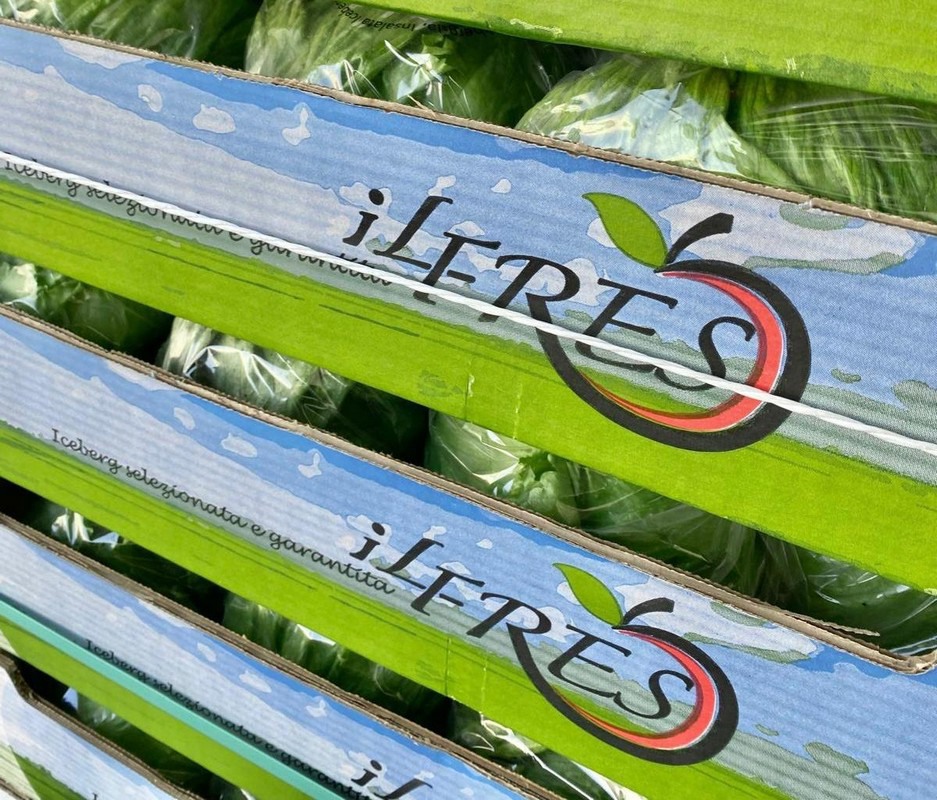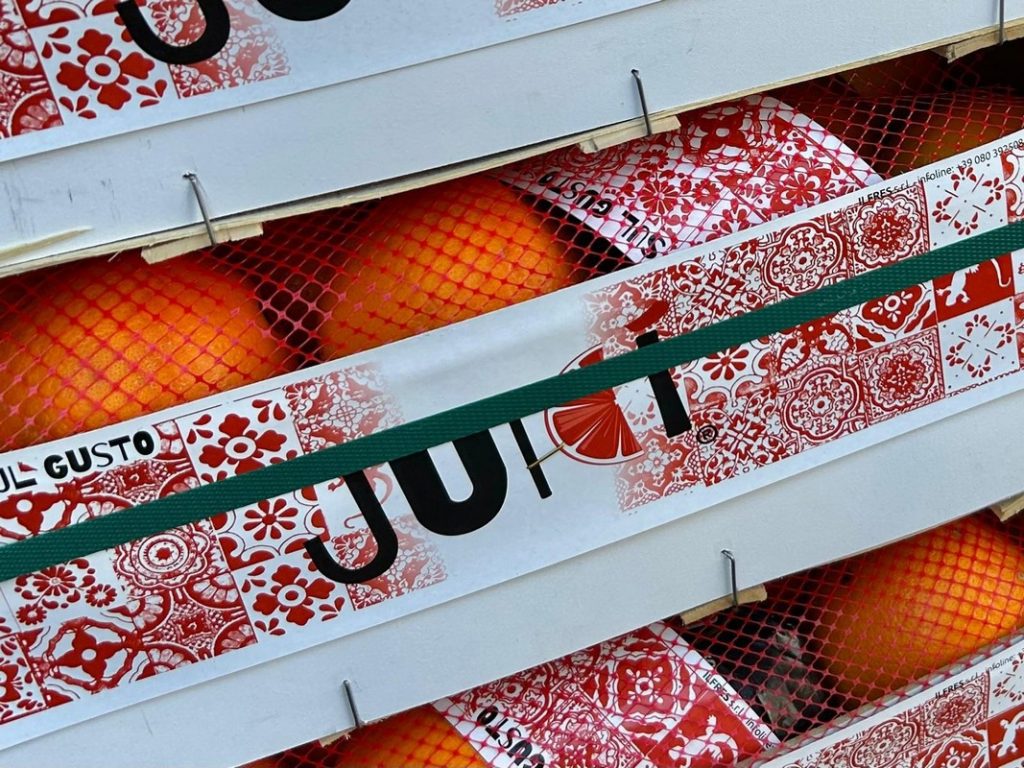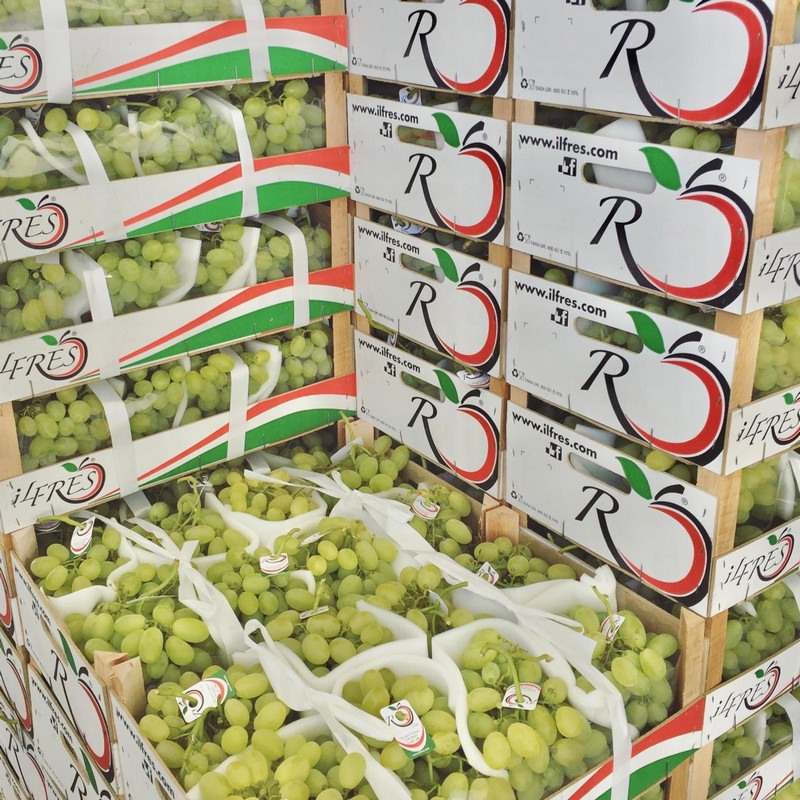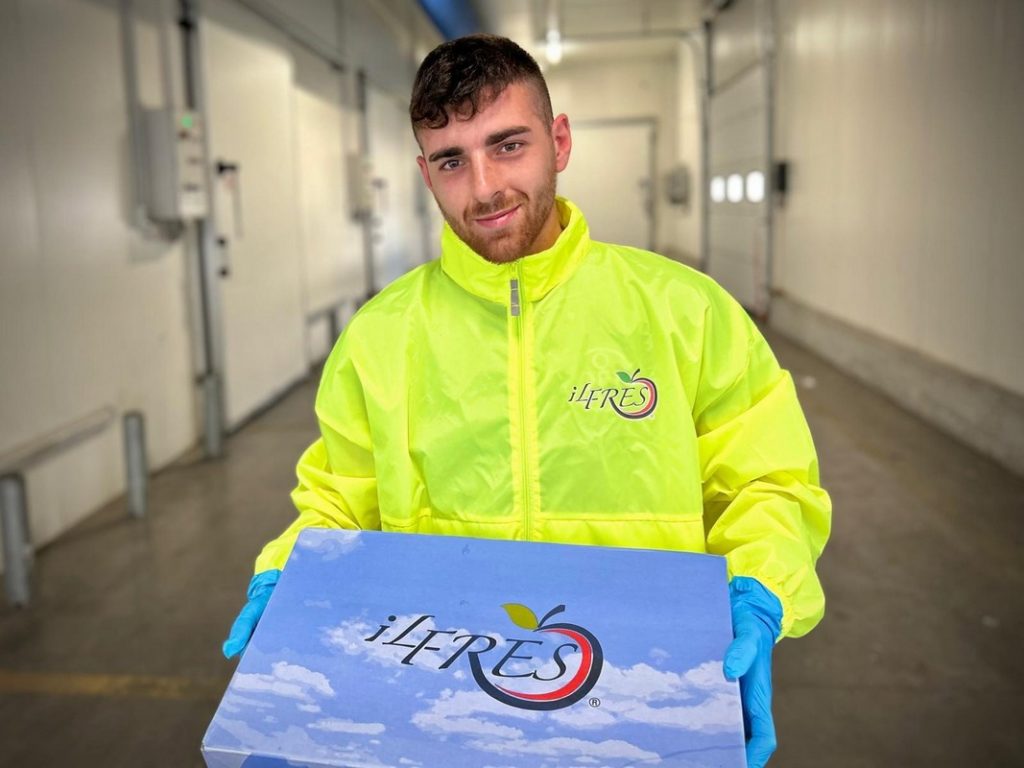Market Fluctuations Challenge Harvesting and Consumption Across Europe
The recent unpredictable weather across Europe has significantly affected the harvesting operations and market demand for citrus fruits, iceberg lettuce, and grapes. Raffaele Lasciarrea, sales manager at ILFRES and ILFRES Espana, shared insights into the current situation in Italy and Europe.
“Unpredictability and caution have characterized the markets so far due to considerable price fluctuations and the legitimate expectations of producers. Our leading products, commercialized under well-known citrus fruit, iceberg lettuce, and table grapes brands, highlight notable differences from previous years in both market trends and production,” stated Lasciarrea.


The JUICÍ Spanish citrus campaign is nearing its end in early July, after which the focus will shift to Valencia oranges from Greece, packaged in telescopic boxes. These oranges are particularly popular with consumers for their low acidity, making them ideal for classic summer squeezed orange juice.
ILFRES’s iceberg lettuce, another primary product, is still being imported from Spain and the Netherlands due to erratic weather. The extreme weather variability in Northern Europe initially caused a significant drop in supply, followed by a surplus. Currently, production has decreased again due to slower growth, just as demand is starting to pick up. This has led ILFRES to continue collaborating with Spanish producers, working with produce from the hilly areas of Albacete and Granada throughout the summer. Spain, particularly Murcia, has also faced weather-related challenges, impacting many suppliers.


Grapes from Puglia are now part of ILFRES’s catalog under the dedicated R Line brand. The company is set to export Victoria and Black Magic grape varieties to central and Northern Europe, Eastern Europe, and Spain, having already supplied Sicilian produce since early May, thanks to early ripening from mild temperatures.
The watermelon campaign remains uncertain as consumption is still low. The start of the mini-watermelon campaign has also been slow this year, with unsatisfactory prices being the most European buyers are willing to pay to local growers. There is hope that consumption will increase as summer progresses.































